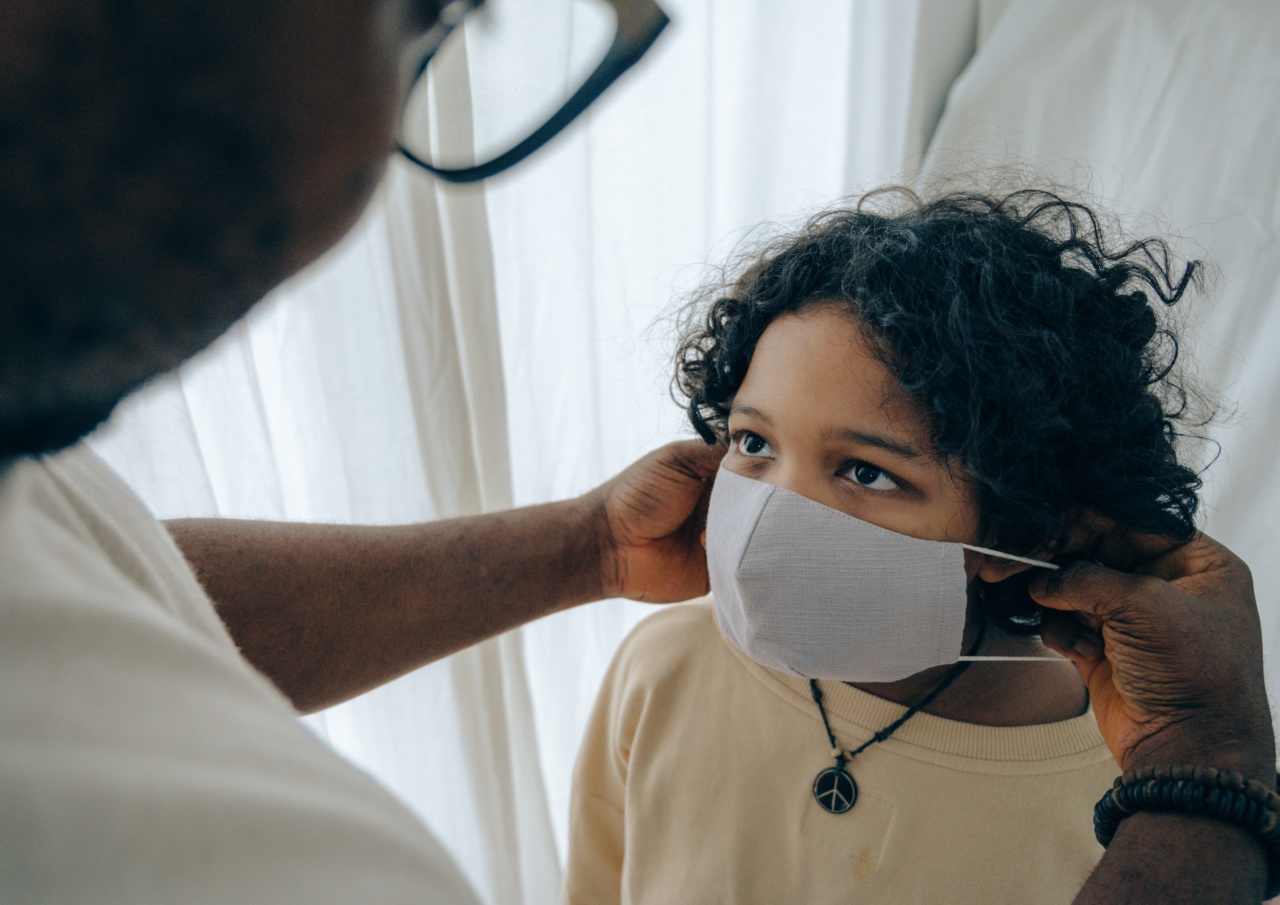The Zika virus is a mosquito-borne illness that has resulted in significant health concerns and has been declared as a public health emergency of international concern by the World Health Organization.
The virus spreads through bites from infected Aedes mosquitoes, the same mosquitoes that spread dengue and chikungunya. Though most people infected with the virus do not show any symptoms at all, some can still become severely ill, while others can develop a rare autoimmune disease called Guillain-Barré syndrome.
And for infected women who are pregnant, the virus can cause serious birth defects, including microcephaly (an underdeveloped brain) and other severe fetal brain abnormalities.
There is no vaccine to prevent or medication to treat Zika virus infection. The best prevention method is to avoid mosquito bites in areas where the virus is present, particularly during the day when the Aedes mosquito is known to be most active.
As such, the following advice has been outlined to help anyone concerned about contracting the Zika virus.
1. Seek advice before you go
Before you travel, check up-to-date travel advice for your destination. Check the Government website for the country you’re travelling to for the latest information.
In particular, it is essential to know if there is an outbreak of Zika virus at your destination, what the risk of infection is, and the recommended prevention methods to be taken.
2. Take precautions to avoid mosquito bites
Since the virus is transmitted through mosquito bites, prevention lies in taking precautions to avoid mosquito bites. This can be achieved by wearing long-sleeved shirts and pants, applying insect repellent, and using mosquito nets while sleeping.
Additionally, it is recommended to keep windows and doors closed to prevent mosquitos from entering your living areas, and avoid outdoor activities during peak mosquito hours of the day.
3. Practice safe sex
The virus is known to be transmitted through sexual contact. If you are travelling to an area where there is an outbreak of the virus, use barrier methods like condoms during sexual activity.
For couples who are pregnant or planning to have children soon, it is recommended to avoid sex since the virus can be transmitted from a man to his sexual partner.
4. Pay close attention to symptoms
Pay close attention to any symptoms, particularly if you have been in an affected area. Common symptoms of Zika virus include fever, rash, joint pain, and red eyes. If you experience any of these symptoms, seek medical attention right away.
5. Prepare for your trip
Make sure you pack appropriate clothing for the climate and temperature of your destination. Also, pack adequate mosquito repellent, and think carefully about personal risk factors that may increase your likelihood of being bitten by mosquitoes.
High-risk categories include those with weakened immune systems, pregnant women, and those traveling with young children.
6. Consider delaying your trip
For those concerned with contracting the virus, it may be wise to delay or reschedule a trip to a destination that poses a high risk of Zika virus infection.
It is recommended that pregnant women avoid travel to high-risk areas altogether, as well as those planning pregnancy within at least two months of traveling to a high-risk area. The CDC provides regularly updated travel advisories to help travelers make informed decisions about their destination.
7. Stay informed
The Zika virus situation is continually changing, so it is crucial to stay abreast of new developments when traveling to any affected areas.
Keep up-to-date with the latest information provided by the local public health authorities as well as international organizations like the World Health Organization and the Centers for Disease Control and Prevention.
In conclusion
In conclusion, it is essential to take the necessary precautions and seek advice before traveling to any destination affected by the Zika virus, especially pregnant women and those planning pregnancy in the foreseeable future.
By taking the appropriate safety measures to avoid mosquito bites and practicing safe sex methods, we can mitigate the risk of infection and protect ourselves and our loved ones against this disease.































